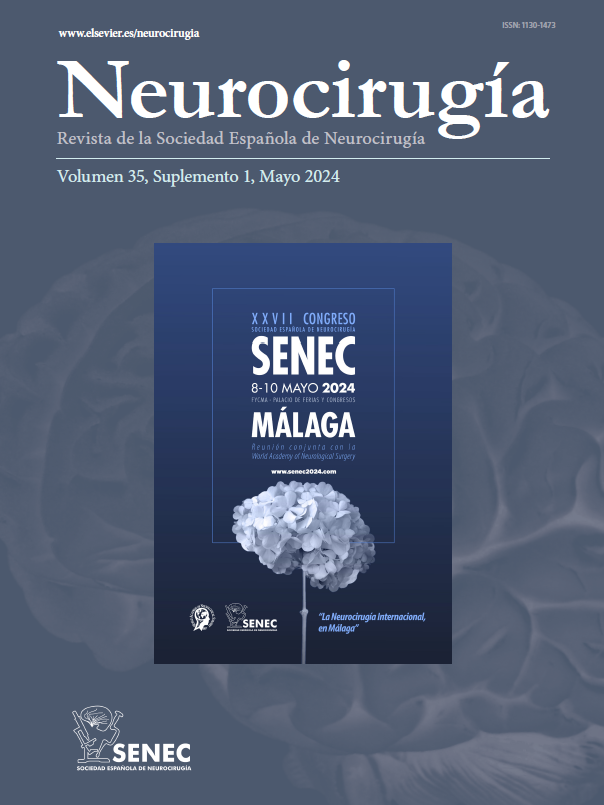O-090 - QUALITY OF LIFE AND OVERALL SURVIVAL IN ELDERLY PATIENTS WITH HIGH-GRADE GLIOMA: REVIEW OF A TERTIARY HOSPITAL’S EXPERIENCE
Hospital Universitari Vall d´Hebron, Barcelona, Spain.
Introduction: Standard of care in WHO grade IV High-grade Glioma (HGG) consists of surgery followed by adjuvant treatment, which is offered to all patients without significant functional impairment, granting maximal overall survival (OS) while preserving quality of life (QoL). However, the benefit of these aggressive procedures is unclear in elderly patients.
Objectives: To assess whether standard of care in HGG can be applied to patients over 70 years of age, benefiting both OS and QoL.
Methods: Retrospective study including patients from a prospective cohort with HGG anatomopathological diagnosis who received surgical treatment between 2010 and 2020 in our hospital. Demographic data including age, sex and surgical procedure (biopsy/resection) was collected. OS was measured in days from surgery to end of life. To evaluate QoL, presurgical, 1 and 6 month KPS follow-up were collected, as well as time to neurological impairment, defined as the time in days from surgery to final admission into a care center after independent or assisted care at home became impossible. Finally, previously mentioned data was compared in the biopsy and resection groups.
Results: A total of 42 patients with HGG were included. Of these, 11 underwent biopsy and 31 resection. Age ranged from 70 to 81, averaging in 73, which included 23 men and 19 women. Average presurgical, 1 and 6 month follow-up KPS were 90-80-50 (biopsy 80-70-20, resection 90-80-60). Overall average time to neurological impairment was 306 days (biopsy 92, resection 392). Global OS was 399 days (biopsy 151, resection 487).
Conclusions: In our center’s experience, standard of care in HGG for elderly patients offers a similar benefit to OS and QoL to that of the general population. Furthermore, resection may offer greater benefits than biopsy in this population too, which further supports the idea that age alone should not limit treatment options.







